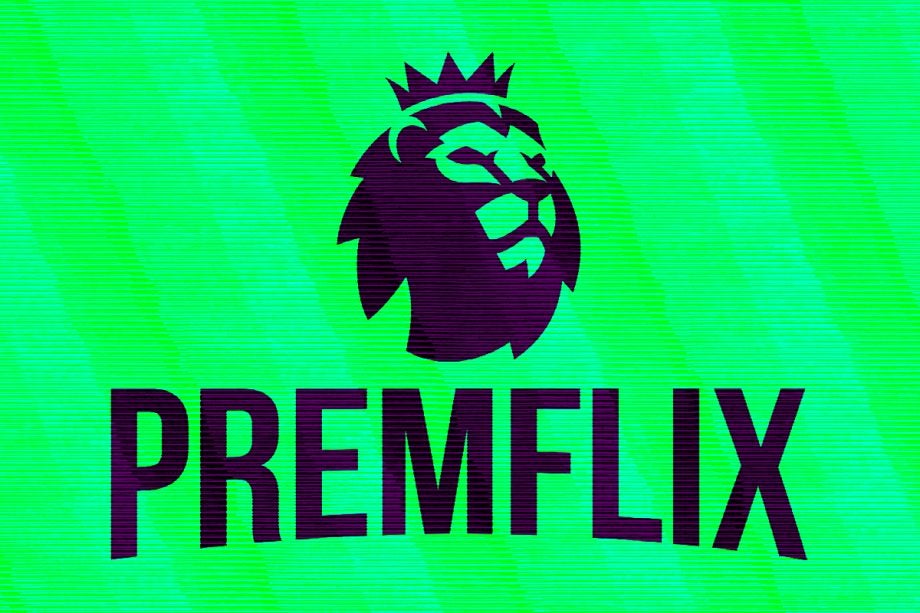Why PremFlix won’t displace Sky and BT Sport anytime soon

The Premier League admitted recently that it has considered launching its own direct-to-consumer service, which would cut out TV companies as intermediaries. Little is currently known about how the service would work – or indeed if the Premier League intends to shift to this model in the UK, specific markets outside the UK, or everywhere − but it’s already been dubbed “PremFlix” by football fans.
The Premier League is continuing to explore the idea, but here’s why PremFlix isn’t a thing yet.
“It’s a really interesting one. We’ve done a fair bit of direct-to-consumer testing, and obviously we’d move to it in a flash if we thought that’s where the best way to serve the consumer was and get return value from light consumers or heavy fans,” Bill Bush, the executive director of the Premier League, said at the Westminster Media Forum (WMF) in February.
“With direct-to-consumer you can personalise it, you can cover a wider range, but at the moment the balance is still very much with territorial broadcasters.”
Bush says the Premier League needs to work out how best serve all types of football fans: the one-club fans; those who watch game after game after game, and extended highlights on top; those who want to follow the narrative of the season; those who just want to be able to hold their own when football pops up in conversation at work.
But right now, broadcasters know Premier League fans − that is, they have a huge amount of data on them − better than the Premier League does.
Related: Best VPN
“If we go direct-to-consumer, might we get less money than an intermediary? They know their market better than we do, and that’s probably right for 95% of countries that we serve. They’re more willing to take a risk than we are. But also they may monetise it in a range of ways that are not available to us,” Bush continued.
“We’ve got rights-holders who are using the audio-visual, be it sports, drama, or whatever it is that they’ve got to put in front of their public, but they’re selling broadband subscriptions, telephony, they’re selling products, mobile phone handsets, and driving a customer database that allows them to target them.
“We’re not going to do any of those things. We’re good at one thing, and that’s hard work. Being good at lots of things is way beyond us. We don’t have that capacity.”
But that’s not all. A major concern for the Premier League is simply that it wouldn’t be able to do as slick a job as broadcasters, which would lead either to the quality of the product suffering, or to the Premier League having to outsource most of the production to TV companies.
“In some ways we depend on [our partners] to innovate. They understand the technology and they understand the view of their audience far better than we do,” Bush said.
Broadcasters, in particular BT, have been relentless in their efforts to improve the football viewing experience over recent years. At the end of February, BT Sport and Samsung teamed up to deliver the UK’s first live 8K broadcast − the test subject being a Europa League match.
The BBC has experimented with 4K HDR live streams on iPlayer, and in December Amazon Prime made two entire gameweeks of Premier League fixtures available to live stream (though BT Sport was in charge of production). Dolby Atmos, VR and 360-degree footage have all invaded football too, and BT Sport has promised more experimental coverage with the aid of 5G.
“[Our partners] are incredibly strong. They do a really, really good job, they’re driving innovation and things like screen quality and production and so on … there are commentator teams, there are production teams that can work in different football competitions … it means fantastic standards in the FA Cup or the League Cup or Champions League,” Bush said.
“Whereas if [the Premier League] go direct-to-consumer, we would have to sell out, contract out, the provision so it wouldn’t be in our control as much as we would like, we would end up still with wanting to go to sport aggregators because of the incredible range of skills that they bring to it.”
Bush also tried to downplay suggestions that a large portion of football fans love the idea of PremFlix because it would give them a direct relationship with the Premier League.
Related: Best free VPN
“To fans, it’s just a pipe. It’s the pictures they want, the feeling of being on the inside, it’s the information they want. So the important thing is to understand what experiences the fan wants, and work out how you can best bring that into the marketplace,” he said.
This all makes it sound like the Premier League has gone cold on the idea, but that is not the case. Last month, chief executive Richard Masters said that a direct-to-consumer service will be on the cards when the current TV rights deal expires, at the end of the 2021/22 season.
However, it seems likely that the Premier League will stick with the intermediary model in the UK for the foreseeable future, and look to introduce PremFlix to select overseas markets.
“I think the direct-to-consumer proposition … gets more and more interesting and at the very least I think all sports will want to maintain the capacity to move to direct-to-consumer at relatively short notice for two reasons,” said Bush.
“First of all, if market demand and what you can get from the market, for example by way of data and what you can do with the data, the dial moves a bit more in sport’s favour.
“But secondly it don’t half keep the market honest if people who want your output know that you can go direct-to-consumer, and are going to have to enter the market with that knowledge.
“There’s a number of territories around the world where you only have really one cable company … you don’t want to be hostage to a market of one, so … there’s a consumption reason for [going direct-to-consumer], but there’s also market management, markets development reason for doing it.”
That’s certainly not an issue in the UK. Sky paid £3.6 billion for Premier League TV rights covering the 2019/20-2021/22 seasons, with BT Sport coughing up £975 million and Amazon paying around £90 million. DAZN appears determined to get a piece of the action too.


